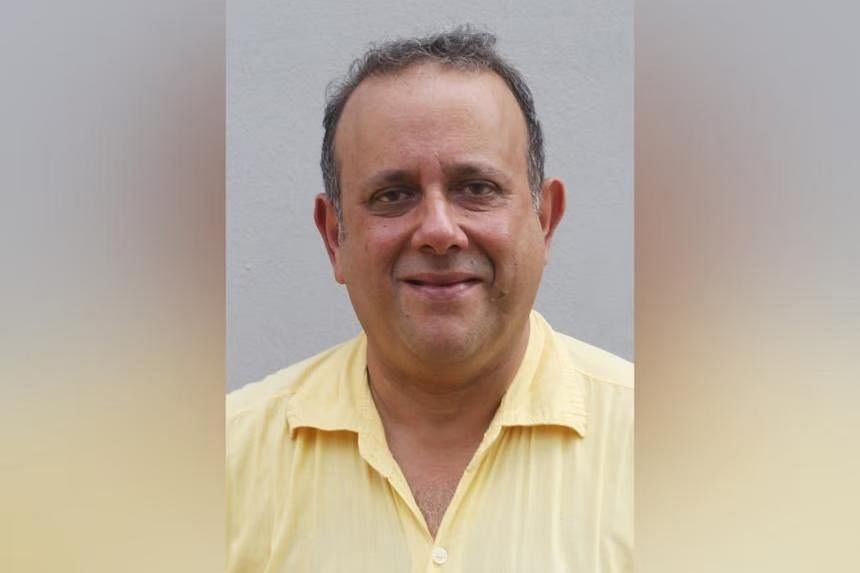In issuing the Pofma correction order, the Government also made additional clarifications on other statements in Mr Jeyaretnam’s post which it said were “misleading and give an inaccurate picture”.
In an article published on its Factually website, the Government said Mr Jeyaretnam had omitted critical facts about the judicial appointment process, adding that in doing he “seeks to undermine public confidence in the judicial system and the many men and women of Singapore’s Judiciary and the Singapore Judicial Service”.
The process for the appointment of Supreme Court judges, including their appointment to a higher court, is governed by the Constitution, said the Factually article.
It is the President, acting in his discretion, who appoints the judges, if he concurs with the advice of the Prime Minister, added the article.
Under the Constitution the Prime Minister is also required to consult the Chief Justice before tendering his advice on the appointment of Judges to the President.
A wide variety of people may be consulted in this process, and often are, said the article. They include lawyers in private practice, lawyers in Government, as well as others who may have knowledge of the persons being considered for appointments.
Once appointed, these judges are also guaranteed security of tenure and remuneration under the Constitution, the article noted.
They can only be removed on grounds prescribed in Article 98(3) of the Constitution, and only on the recommendation of a tribunal of at least five people who hold or have held office as Supreme Court Judges, or who hold or have held equivalent office in any part of the Commonwealth.
Besides Supreme Court Judges, the Constitution also sets out the process for the appointment and promotion of officers of the Singapore Judicial Service, said the article, adding that this was within the “exclusive control of the Judicial Service Commission, which is headed by the Chief Justice”.
Another additional clarification the Government made had to do with the defamation law, which it said applies equally to everyone.
“Mr Jeyaretnam says that defamation laws only serve to protect those in power. This is inaccurate,” said the article.
Noting that people should be entitled to protect themselves against false allegations that affect their reputations, the article said Mr Chiam See Tong, founder of the Singapore People’s Party, and “one of Singapore’s most respected opposition politicians” had taken action against others, including two former Government ministers, for defaming him.
The ministers apologised and reached an out of court settlement with him, said the article without mentioning the ministers specifically.
In the 1980s, Mr Chiam had taken action against then Foreign and Culture Minister S Dhanabalan and then Defence Minister Howe Yoon Chong over remarks they made about his competence as a lawyer. He eventually settled with both of them after they withdrew their statements and apologised.
The article also added that Mr Chiam See Tong had rigorously scrutinised the Government and those in power throughout his career and had never been sued for defamation.
Said the article: “Mr Jeyaretnam has repeatedly published false and misleading statements. This is the seventh correction direction issued to him.
“His latest post continues to propagate false and unfounded statements, reflecting a deliberate intent to undermine our public institutions.”

